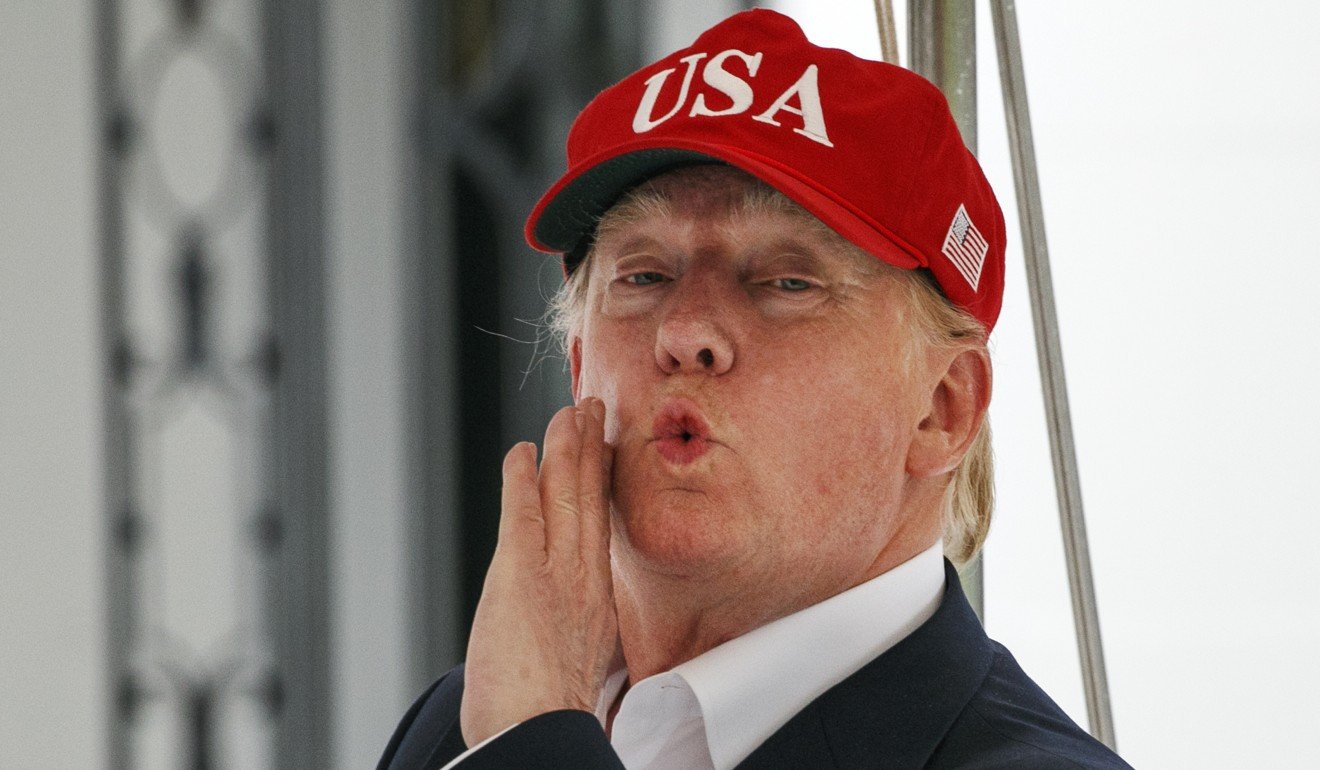Robert Delaney
Call it cultural, ideological or civilisational. The great debate about who’s superior continues.
To try to make a point in this pointless exercise, I’m going to indulge in the self-centred custom that most corporate executives and policymakers engage in when trying to establish their China credentials.
I’m going to talk about the country I discovered when I first landed there.
You won’t be surprised that this is a story of beguiling economic transformation with a turn away from the freedoms that Americans hold dear. But don’t worry.
There’s room here to examine the way US political culture has crippled the high horse American leaders sit on when they criticise Beijing.
I arrived in China in December 1992, and proceeded to Wuhu, in Anhui province, to start studying Mandarin at Anhui Normal University.
For a young American, China during those years was a strange place. The dorms were freezing. The cityscape was hellish. Most dismaying of all, the chocolate sold in Department Store No 7 tasted like wax.
By 2006, it was difficult to access any non-Chinese news portals … Dissent has all but disappeared
One encounter stood out in the way it taught me about the difference between the culture of my host country and the one I had left.
I received a stern lecture from the director of my school’s foreign office, or waiban, for agreeing with a local medical college to teach English for 10 kuai (yuan) an hour.
I learned that being a foreign student at Anhui Normal University meant that I didn’t have the right to take on such a side job without its permission. I tried to argue that, at such a low wage, it wasn’t a real job. That argument didn’t land well.
 When I moved to Beijing in 1994 to attend Princeton University’s language programme there, I would ride my bike to the Friendship Store every weekend. This was one of the few places in China where one could buy Time and Newsweekmagazines.
When I moved to Beijing in 1994 to attend Princeton University’s language programme there, I would ride my bike to the Friendship Store every weekend. This was one of the few places in China where one could buy Time and Newsweekmagazines.
The store’s mark-up was substantial, but these purchases were as essential to me as food because they were my only connection to what was going on outside China.
In 1995, I became a journalist, covering the very gradual reforms that were turning China from the kind of stifling and dreary world that I experienced in Wuhu three years earlier into something more like America.
Foreign retailers, auto manufacturers and financial-sector firms were selectively given approval to access this burgeoning market that so enticed the American business community. So far, so good.
By about 2005, my life in China wasn’t very different from the experience I would have had in any other major metropolis. I could eat at Indian, Italian or Brazilian restaurants. I could buy wine from California, Australia, South Africa or France.
I could keep up with world events online through the BBC, The New York Times and any other global news outlet. I opened Facebook and Gmail accounts and immediately got reconnected with scores of old friends and classmates.
And the waiban at universities across the country no longer cared what foreign students got up to outside the classroom as long as they were paying tuition fees and steered clear of politics.
This was as close as China would get to the kind of culture American policymakers had in mind when
famously argued that full engagement with Beijing would make the country “a responsible stakeholder”.
By 2006, it was difficult to access any non-Chinese news portals. The BBC and CNN news feeds began going dark more frequently.
Since then, we’ve seen Beijing’s gradual roll-out of a surveillance state, increasingly walled off from the rest of the world. Dissent has all but disappeared.
This is a shame for Chinese innovators – in industry, the arts or elsewhere – who would need to draw on all the world’s ideas for inspiration.
But America has done a U-turn of its own in recent years. Even before US President Donald Trump took office, far-right ideologues began questioning scientists, limiting women’s reproductive rights and disenfranchising minorities.
Trump’s administration has accelerated all of these violations of America’s political culture.
But the ultimate expression of Washington’s departure from the country’s ideals was Trump’s assertion that
China may have squelched the political rights that had started to emerge in the 1980s and 1990s, but the Chinese Communist Party never staked its legitimacy on them.
In a world where access to information is key, America would appear to have a lead, but the US can’t win this debate as long as it’s at war with its own cultural values.
No comments:
Post a Comment